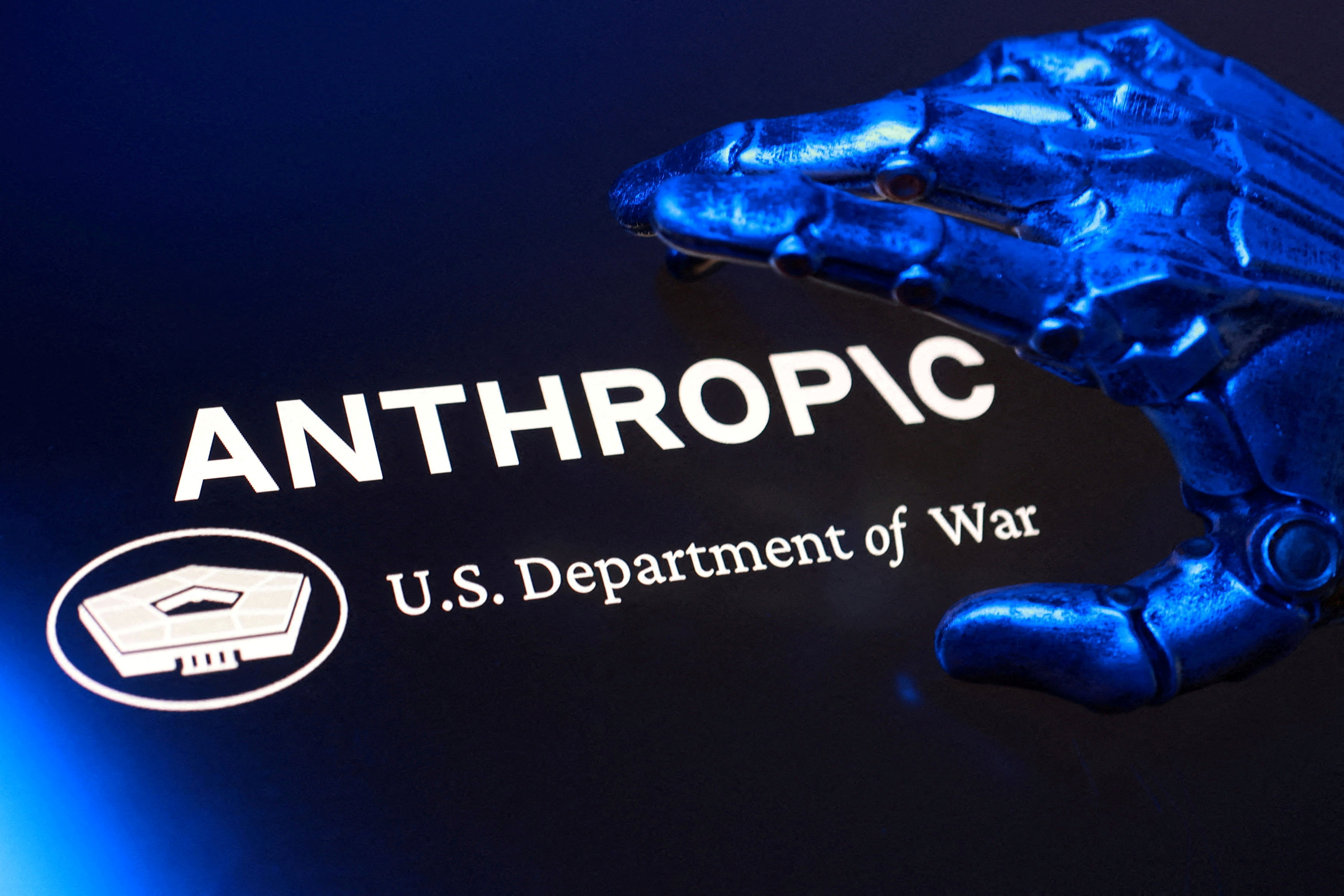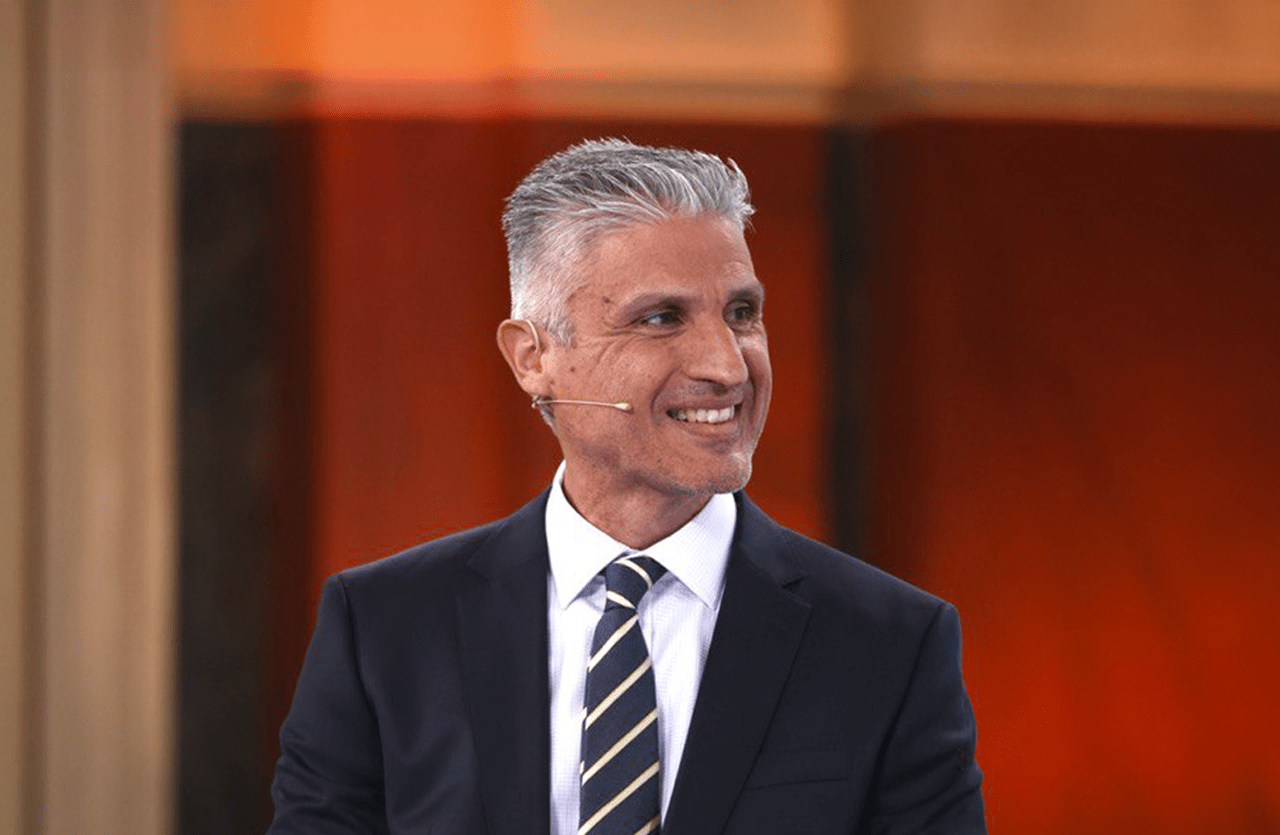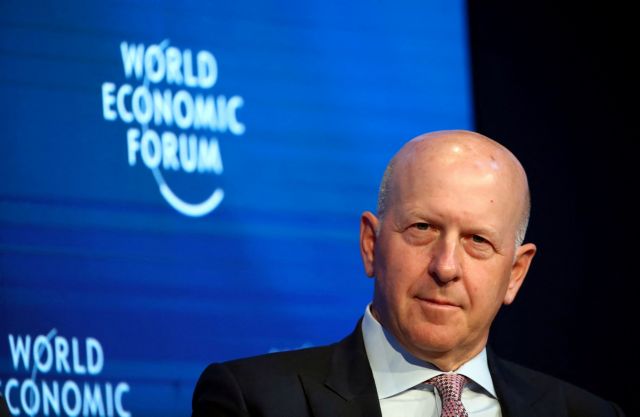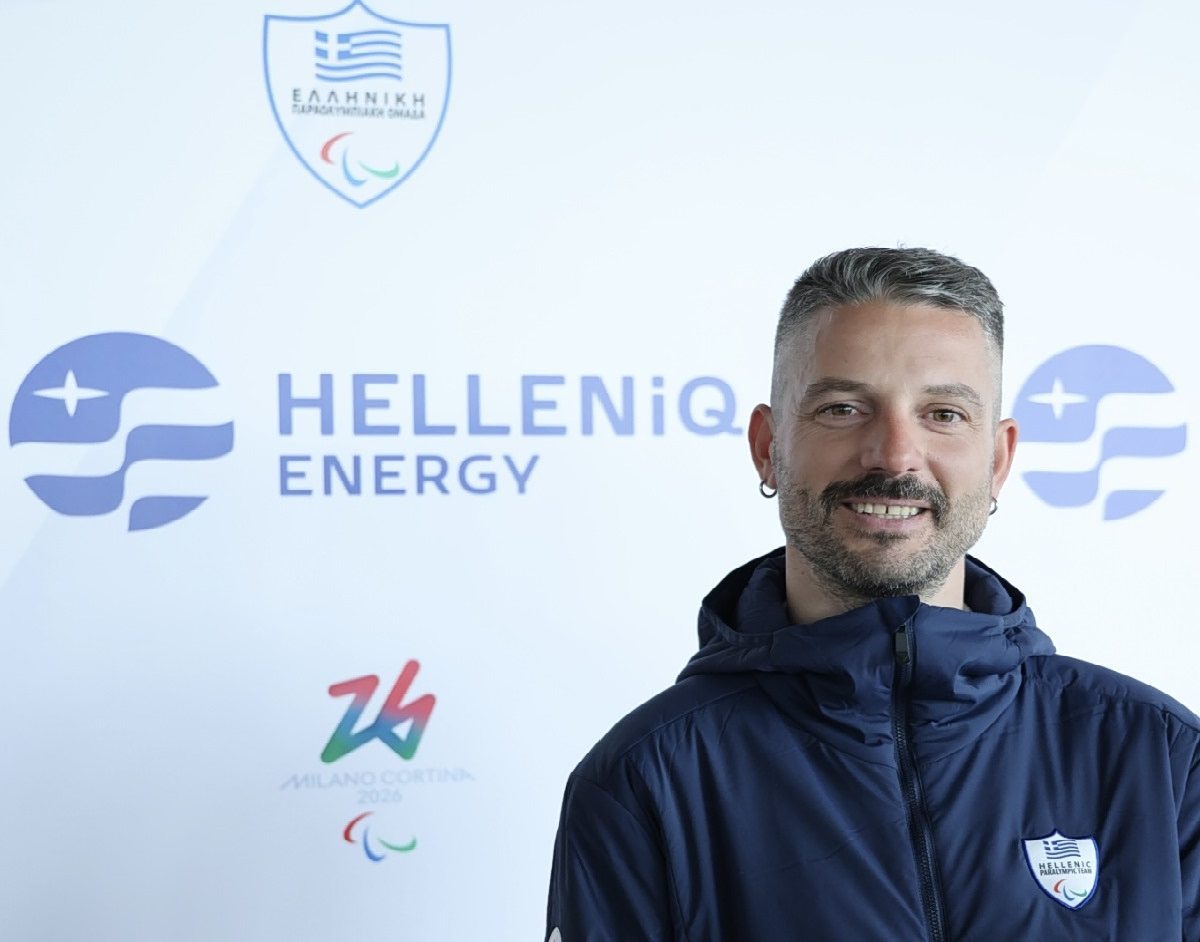Anew global survey reveals that Generation Z—those aged 18 to 34—is redefining adulthood with values centered on authenticity, mental health, and financial freedom. Conducted by EY in collaboration with the Young China Group, the study surveyed 10,000 young adults across ten countries and found that Gen Z is challenging traditional life milestones and reshaping societal definitions of success.
Independence Over Wealth
According to the report, 87% of Gen Z respondents prioritize financial independence, while 84% emphasize staying true to their personal values. Forming meaningful relationships is also a key goal for 60%. Although wealth is not a top priority for most, economic security remains a widespread concern. Interestingly, only 63% show strong interest in accumulating wealth, even though financial stability is the main source of stress across the board.
Job stability is being redefined as well. The concept of “job hopping” is normalized, with nearly 6 in 10 expecting to work for up to five employers during their careers, and almost 1 in 5 believing they will change jobs six or more times.
A Shift in Success Metrics
Mental and physical wellbeing (51%) and strong family relationships (45%) now rank above material wealth (42%) in defining future success. Notably, 86% already consider themselves adults, despite 60% still living with parents or guardians.
National attitudes towards money vary widely: In Japan and South Korea, wealth is a key marker of success, while in the U.S., it ranks only fifth. In countries like India and Saudi Arabia, over 80% view becoming wealthy as highly important, compared to less than 50% in the U.S., Germany, and Sweden.
Balancing Ambition and Uncertainty
While nearly a third (31%) are optimistic about their future at age 50, 34% express deep concern, highlighting Gen Z’s simultaneous hope and anxiety about what lies ahead. This generation appears to have developed emotional maturity earlier than previous ones, thanks to unlimited access to information. They are highly aware of global challenges but remain determined to navigate them with clarity and purpose.
Family and Relationships Still Matter
Despite declining global birth rates, 29% of Gen Zers already have children, and 47% of those without children say they want to become parents. Over one-third (34%) are already married, while another 25% are in relationships. Half of single respondents express a desire for partnership, showing that traditional values still hold meaning—albeit on Gen Z’s own terms.
Technology: Both Tool and Challenge
Tech and social media play a defining role in Gen Z’s identity, with 99% owning smartphones and 94% using social platforms daily. However, 44% would like to cut back on social media, and 33% report feelings of anxiety or depression related to its use.
When it comes to emerging technologies, such as Artificial Intelligence, 45% are open to trying new innovations. Young people in emerging economies like Saudi Arabia (39%) and India (30%) are more enthusiastic, while skepticism is stronger in developed countries like Japan and South Korea (both 17%).
A Generation of Contrasts
EY Greece’s Human Capital Advisory Services Leader, Eftychia Kaselaki, summarized:
“Gen Z is growing up in a world of contrasts—unlimited access to information paired with deep uncertainty, countless opportunities alongside immense pressure. This generation uniquely balances ambition with realism. For businesses, the challenge is not just about offering technology, but about building authentic relationships and environments where Gen Z can develop their identity with purpose.”
As the first fully digital generation matures, companies, institutions, and societies will need to adapt quickly to meet the needs of this highly aware, emotionally intelligent, and value-driven cohort.
Source: tovima.com










































